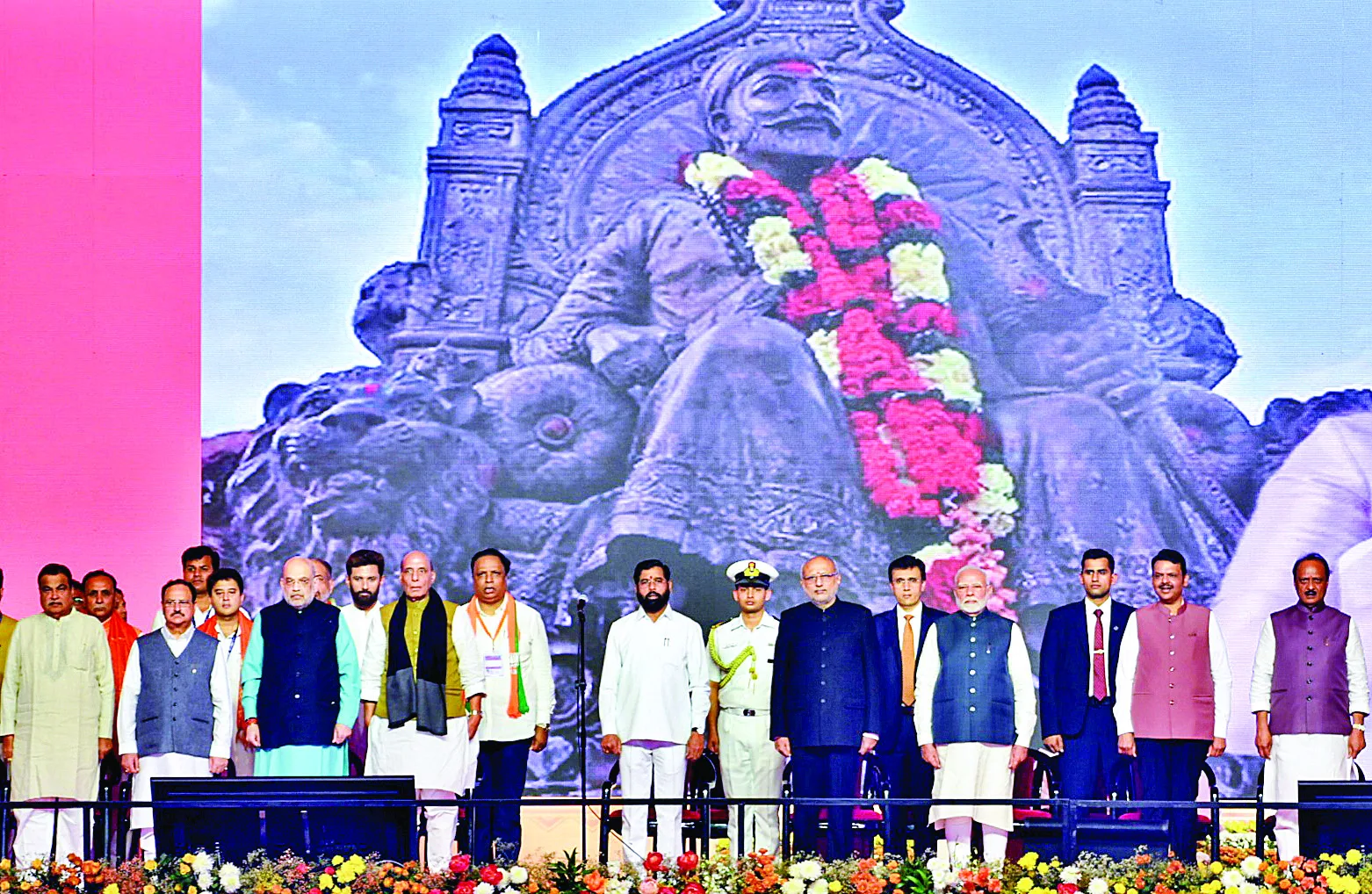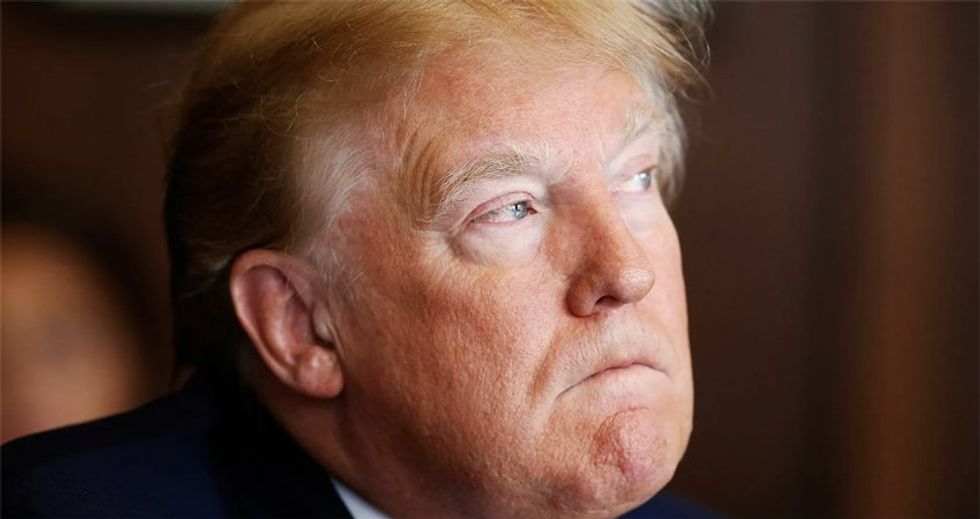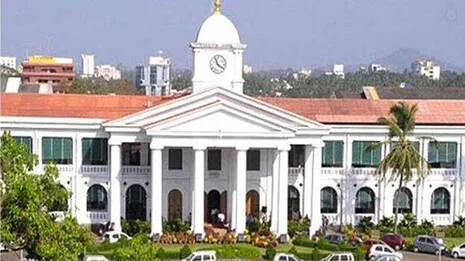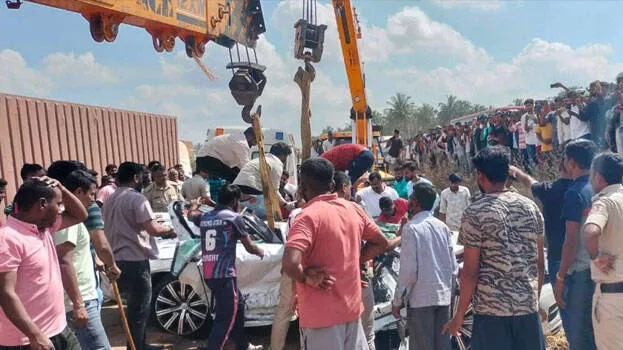
Devendra Fadnavis has sworn again as the Chief Minister of Maharashtra. On November 23, the results of the Maharashtra Assembly elections were announced, and by noon, it became clear that all opposition parties had suffered a massive defeat. Everyone began interpreting these results according to their understanding.
The opposition raised concerns about EVMs as usual. The ruling party claimed that their policies were accepted by the people. Some credited the Ladki Bahin Yojana (Dear Sister Scheme) as the kingmaker, while others called Devendra Fadnavis the Chanakya of the elections.

Some attributed the victory to Prime Minister Narendra Modi’s double-engine government, others to the efforts of the RSS, and some to the acceptance of the Hindutva ideology by the people. All these perspectives are valid in their own way. A few also praised the proper coordination among the three parties of the grand alliance (Mahayuti).
Amidst all these opinions, one crucial aspect was overlooked by many experts and journalists: the organisational strength of the Bharatiya Janata Party (BJP). For the past three years, BJP in Maharashtra has been without a full-time organisational secretary. This position is typically given to a senior RSS pracharak with the responsibility of strengthening, activating, and uniting the organisation.
In essence, the role involves addressing the dissatisfaction among party workers caused by power dynamics and keeping them motivated and active. There is no organisational secretary in Maharashtra at present, but this responsibility has been admirably handled by BJP Maharashtra President Chandrashekhar Bawankule. After assuming his role, Bawankule toured the entire state, visiting every district.
He met with RSS and other organisational leaders, BJP leaders, and party workers, gathering feedback on what was lacking and what the workers wanted. He made efforts to implement several of their suggestions. The central BJP also introduced various programmes, which were executed down to the booth level.
For two consecutive years, the BJP displayed its organisational skills by keeping the entire party engaged in various activities. This created a noticeable difference between the BJP, which had been working consistently, and other political parties that only became active closer to the elections. Even central ministers were assigned to specific constituencies.
In short, BJP succeeded in connecting people as an organisation. As Maharashtra BJP President, Bawankule worked tirelessly to achieve this. As a result, a strong grassroots network was built to convey government policies and campaigns to the public effectively.
The BJP’s organisational efforts in this election are noteworthy. Forming a party may be easy, but extending its reach to the grassroots, sustaining it, and keeping it active is challenging. The BJP managed to achieve this due to its clear vision and ideology.
The real challenge for the next five years is to use this organisational structure to meet public expectations. The people expect the BJP to honor the trust placed in them. Devendra Fadnavis’s earlier statement, “ (I will return),” has come true.
However, this has been made possible by the hard work of numerous party workers. Therefore, it can be said that the people have brought him back..










